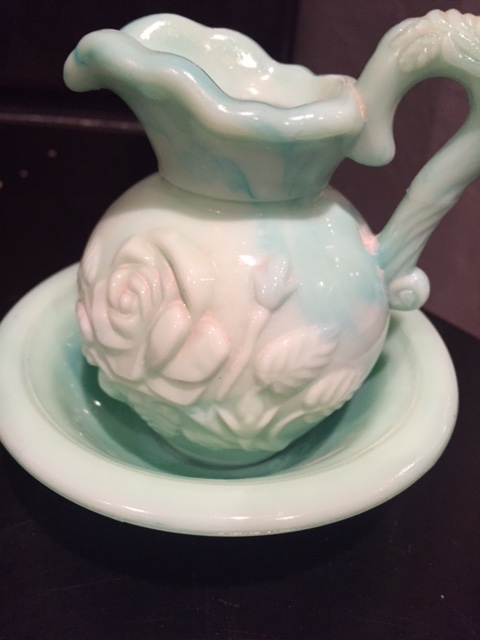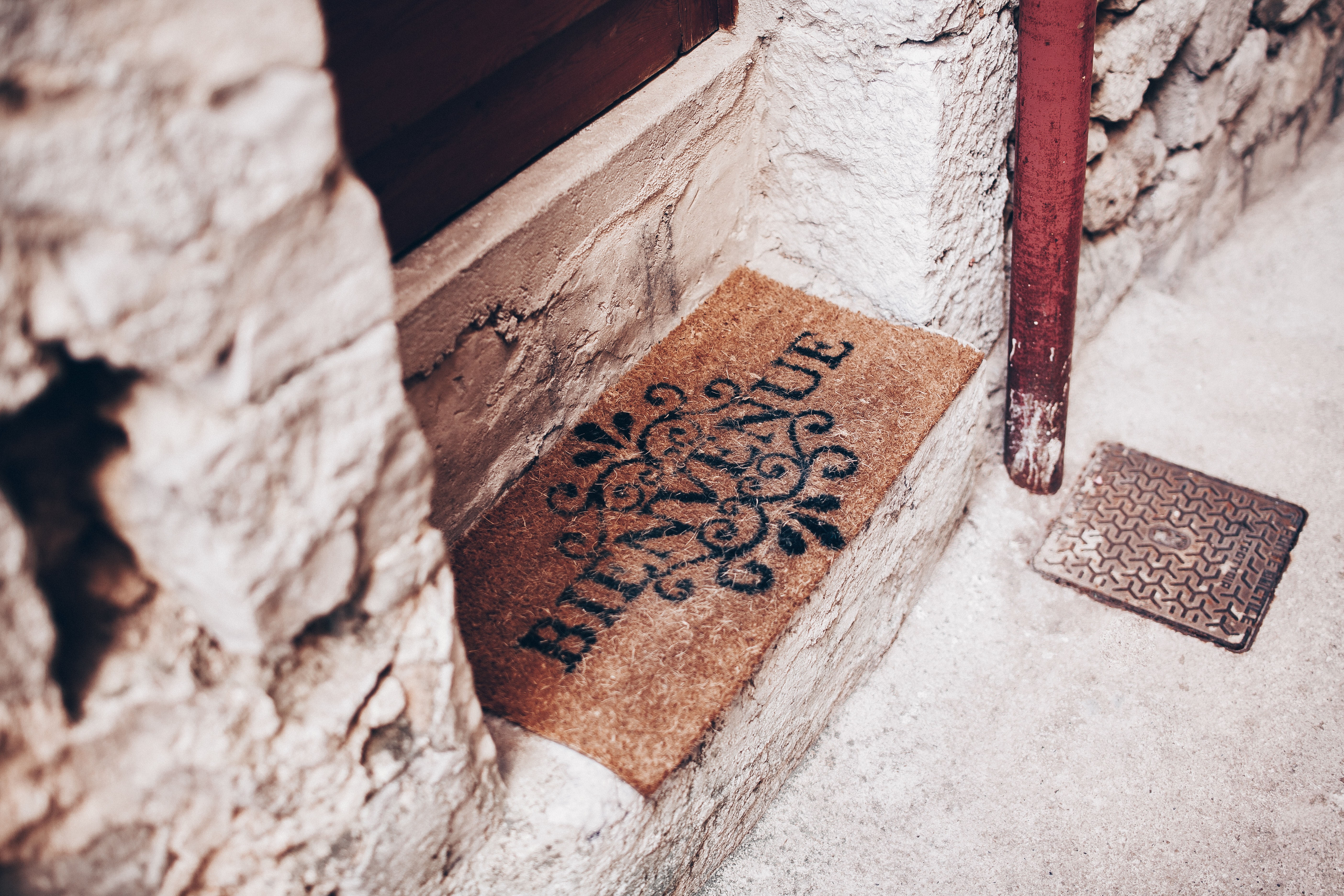Our youngest son is already dreading the days when his beloved older brothers fly the coop for college. Last summer, in an attempt to create a hopeful experience of life with just the three of us, we took a trip to San Fransisco while the bigs were at camp. I came terribly unprepared. My sundresses and Birkenstocks were a terrible mismatch for the cold and the fog.
Apparently, the fog in SF even goes by the name Carl. Carl taught me a few things on that trip: when going to SF, always bring a hoodie, Birks are incompatible with hills, and fog is a powerful reality.
Just as Carl had the ability to completely hide a massive, fire-engine red bridge from sight, suffering obscures sight. I love Elisabeth Eliot’s simple, yet profound definition of suffering: wanting what you don’t have or having what you don’t want. God cares about all human suffering, even the kind we bring upon ourselves.

A few weekends back, I spoke at a retreat on suffering. The preparation, the delivery, and the stories I heard over the weekend were a heavy reminder of the reality of suffering and how quickly suffering obscures our view of our Savior. I’ve been bent over by brokenness, which is why the following verses and quotes have been balm to my soul this week.
God Lives with & Lifts the Lowly
Through the prophet of Isaiah, who served as the mouthpiece for a fair amount of hard realities, God offers precious words of hope and comfort to his sin-laden, brokenness-bound people. He reminds them (and us) his essence and character even and especially as we walk through brokenness.
“I dwell in the high and holy place, and also with him who is of a contrite and lowly spirit, to revive the spirit of the lowly, and to revive the heart of the contrite. For I will not contend forever, nor will I always be andy, for the spirit would grow faint before me, and the breath of life that I made.” (Isaiah 57:15–16).
The Lord loves to live with the lowly. The Hebrew word daka translates as “broken, crushed, beaten, small, and trodden down.” Though our God is high and holy, he does not stand aloof from the hurting; rather, he stoops to offer succor. David captures the same sentiment when he writes, “The Lord is near to the broken-hearted and saves the crushed in spirit” (Psalm 34:18).
It’s not just that the Lord loves to live with the lowly and dwell with the devastated, he loves to restore and comfort. A few verses later, Isaiah continues, saying, “I have seen his ways, but I will heal him; I will lead him and restore comfort to him and his mourners, creating the fruit of the lips” (Isaiah 57:18).
He dwells with the lowly, but he also delights to lift them, not based on their perfect or even mediocre response to suffering, but based on his character. Despite seeing (Hebrew raah) the backsliding, closed-eared way of his people, he still chose to heal them (rapha). He sees and knows us completely, sin and all, but he still chooses to mend us by sewing us together. Just a few chapters earlier, the prophet Isaiah had hinted at the way this would happen: One would come who would be crushed (same root word daka) to mend the crushed (Isaiah 53:5).
Not Seeing, but Still Trusting
Isaiah looked ahead to a coming Suffering Savior; we look back upon him. Yet even for those who know him well, suffering acts like a thick fog that obscures the eyes of our hearts. When we suffer, we struggle to see, something the Apostle Peter understood well.
When seeking to comfort a terribly hurting people, he wrote, “Though you have not seen him, you love him. Though you do not see him now, you believe in him and rejoice with joy that is inexpressible and filled with glory, obtaining the outcome of your faith, the salvation of your souls” (1 Peter 1:8–9).
It was true in a double sense that the beleaguered believers had not seen Chris. They were one generation removed from actually having laid physical eyes upon Jesus. They were also struggling to even see him through the eyes of faith due to the thick fogs of suffering.
In his sermon entitled “The Eloi,” George MacDonald writes the following powerful words regarding striving to believe when we are straining to see:
“Troubled soul, thou art not bound to feel, but thou art bound to arise. God loves thee whether thou feelest or not….For he sees through all the gloom through which thou canst not see him.”
When my son and I had trekked miles (in the aforementioned Birkenstocks) to the bay to get a picture of the iconic Golden Gate Bridge, we were deeply disappointed by the fog. Carl was ruining our plans, so we decided to sit until we could see. We sat stubbornly for an hour to catch grayed glimpses of the bridge. Finally, the sun began to break through, allowing us to see glimpses of the beauty for which we came and of which we had heard.

My lowly, brokenness-bent, suffering friends, the fog will lift and your eyes will behold your Savior. In the meanwhile, he sees you as you strain to see him. He longs to lift you and delights to comfort you.








